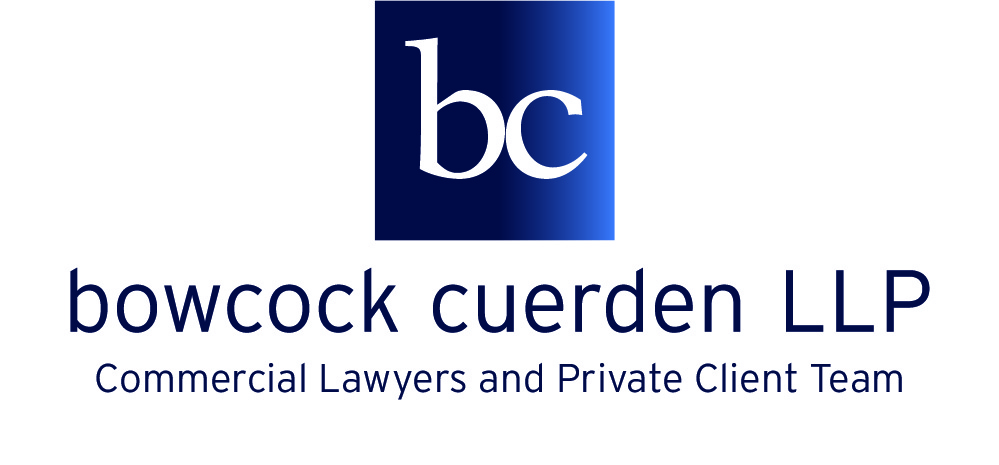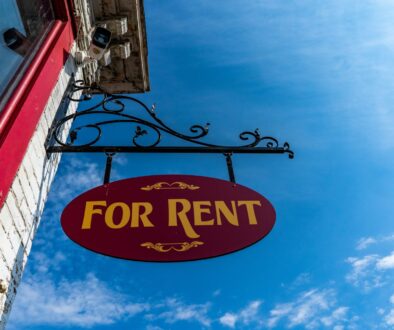Overage : “Having your cake and eating it”?
The inclusion of “overage” (or “clawback”) provisions in land sale documents is wide spread.
Here, we provide a general overview of this often difficult topic, together with points to which Buyers and Sellers will need to pay particular attention.
What is overage?
In short, overage is a Seller’s right to recover an additional payment or payments from a Buyer at some point in the future, usually after completion of the sale.
Often, this right is triggered by the occurrence of a specified event (for example the grant of Planning Permission).
This can work in both parties’ interests: The Seller can share in future uplifts in the value of the land. The Buyer can defer payment of part of the consideration until the relevant event occurs.
But overage provisions are often complex and difficult. They should, at least to some extent, be specific to each individual transaction.
They are sometimes misused: They may not be appropriate if (for example) the prospect of the grant of a Planning Permission is extremely remote.
In the wrong circumstances, the inclusion of overage provisions can depress the price which might otherwise be payable.
Overage provisions are construed against the person seeking to rely on them. It is therefore essential that they are clear and accurate.
Trigger Events :-
Examples of common trigger events are :-
* The grant or implementation of Planning Permission.
* Completion of either the whole development, or of a specified number of units within a development.
* Disposal of all or part of the Property.
* Sale with the benefit of Planning Permission within a specified period.
There may be more than one Trigger Event within the relevant overage period.
How is the obligation to pay overage enforced?
Overage is (only) a contractual obligation to make the further payment. As a positive covenant, it may not in itself bind the Buyer’s successors in title.
As a result, the Seller will usually employ one of a number of methods to protect his or her entitlement to the overage payment. Examples are :-
* A Legal Charge over the land sold.
* The entry of a Land Registry restriction on the Buyer’s title.
* The imposition of a restrictive covenant, limiting the use of the land sold.
* The provision of a guarantee.
* The retention of a “ransom strip”.
Points of concern for both Buyers and Sellers :-
Although the Buyer and the Seller are on “opposite” sides of the transaction, the points with which they should be concerned will be largely the same :-
1. Given that overage provisions are complex, and may increase costs payable, is the inclusion of overage provisions appropriate for the particular transaction?
2. In what circumstances is the Seller expecting or hoping to receive the further payment? What are the Buyer’s intentions for the property? Are there ways in which the Buyer can avoid triggering the obligation to make the payment?
3. For how long will the obligation to pay overage last?
4. What will the Trigger Event be?
5. If the Trigger Event is linked to Planning Permission, consider whether this means :-
* full or outline Permission.
* Planning Permission for development or change of use (or either/both).
* the grant or implementation of that Permission.
6. If overage is linked to the uplift in value following the grant of Planning Permission, should the “base” value assume that there is no prospect of the Permission being granted?
7. Should a disposal of property made with the benefit of an unimplemented Planning Permission be treated as a Trigger Event?
8. If the Trigger Event is linked to a disposal, the parties will need to specify exactly what “disposal” means.
For example, will it be the sale of the freehold title or the grant of a long Lease, or completion of any transaction which realises the property’s full capital value (including a change of control of a purchasing company)?
It is usual to exclude “permitted disposals”, for example transfers of land for substations, public open space or highways.
9. If the Trigger Event is linked to construction or development, there should be reference to an objective standard (for example production of a Certificate of Practical Completion).
Sellers will ordinarily want to avoid the inclusion of provisions which provide for the payment to be made on the sale of the last unit within a development. The Buyer could be tempted to defer sale of that last unit until the overage period ends!
10. Is the Seller’s entitlement to the overage payment properly secured?
Ordinarily, the Seller will want to ensure that, as a minimum, the overage provisions provide for the entry of a restriction in the Buyers’ title at the Land Registry.
A Seller may want to go further, providing for a Legal Charge to secure the obligation for payment.
Reliance on a restrictive covenant alone is unlikely to be sufficient. The Buyer could mount a challenge to that in the Lands Tribunal, particularly if the covenant is seen as an artificial device to protect a contractual payment.
11. The method for calculating the amount of the payment should be clear.
For example, any costs or expenses which are to be deducted in the overage calculation should be carefully specified.
If the overage payment is for a fixed amount, consideration should be given to the index-linking of the payment (and particularly if the overage period is a long one).
If the overage payment is based on a valuation of the property there should be a clear valuation mechanism, with specified assumptions and disregards. It is often a good idea to include a “worked example”.
There should ordinarily be expert determination and dispute resolution provisions. Even this can cause problems!
12. What happens in the event of a sale of part of the property?
The drafting should make it clear that, for the purposes of defining Trigger Events, “the property” includes part of it.
There should be provision for adjustment of the “base” value figures. The drafting should make clear how future Trigger Events for the remainder of the Property will be treated.
As will be gathered from this brief overview, overage can be something of a “mine field”!
For further information and advice, please contact David Thorp, Andrew Williamson or Susannah Taylor.




